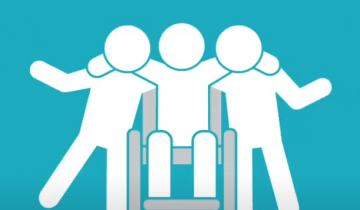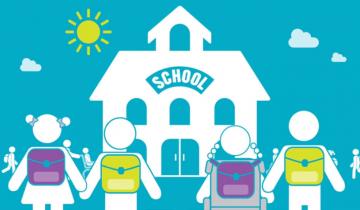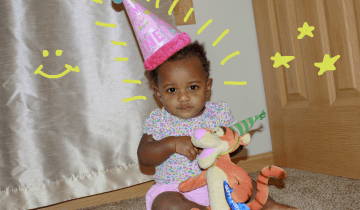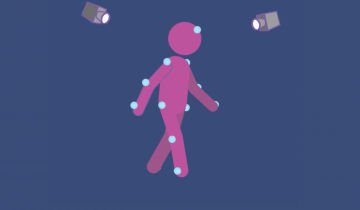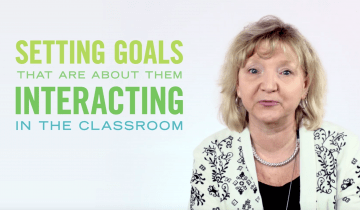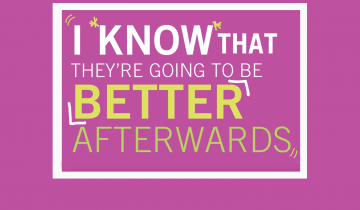The second Virtual Town Hall featured the experts from Rady Children's Hospital, Southern Family CP Center, and UC San Diego School of Medicine in San Diego, California. This multi-disciplinary panel discussion highlights the latest updates in care of children with CerebralPalsy.


